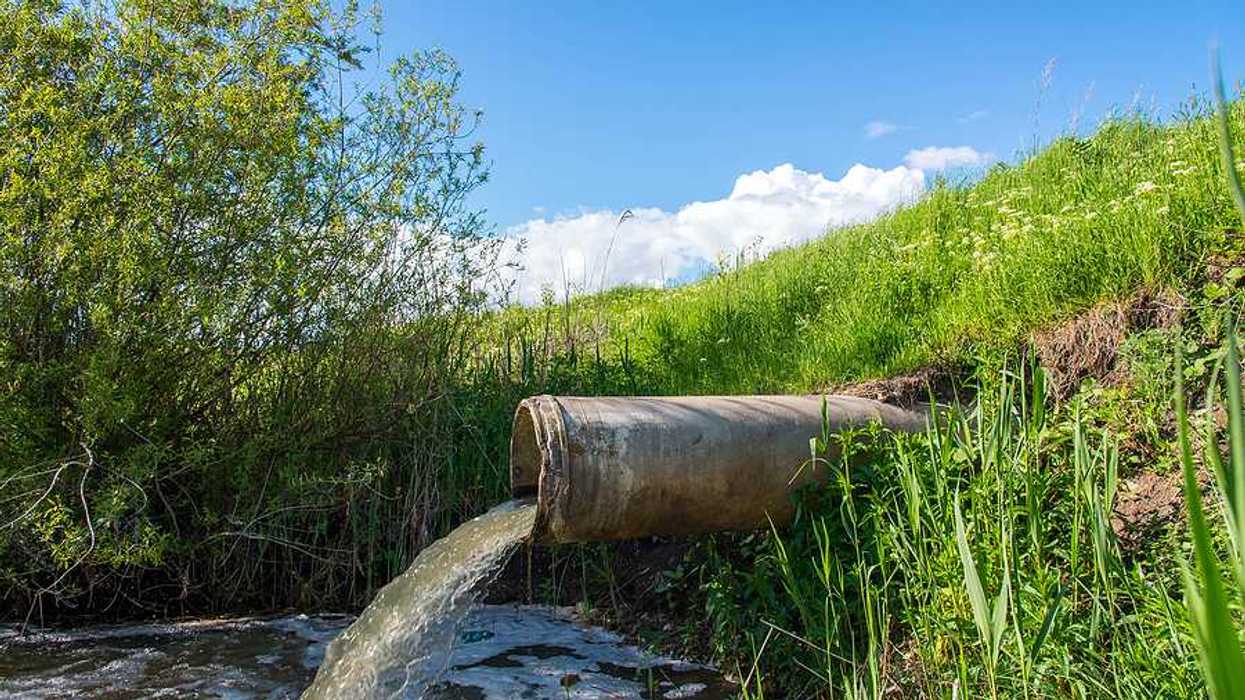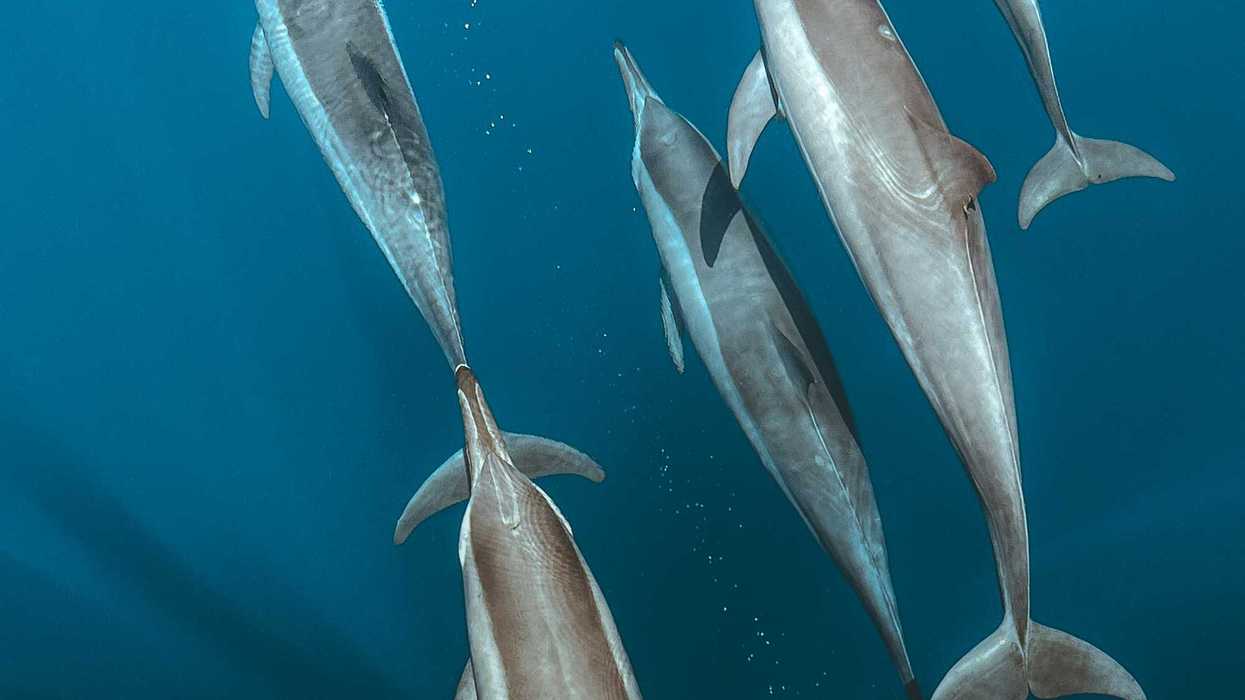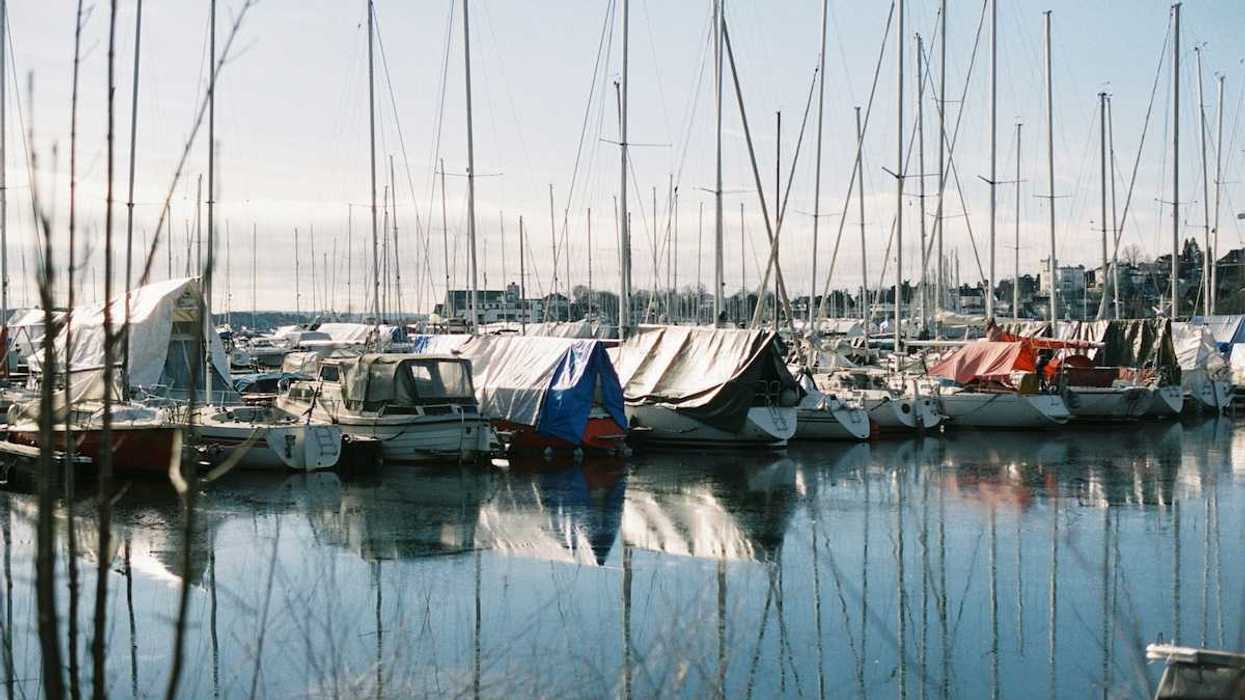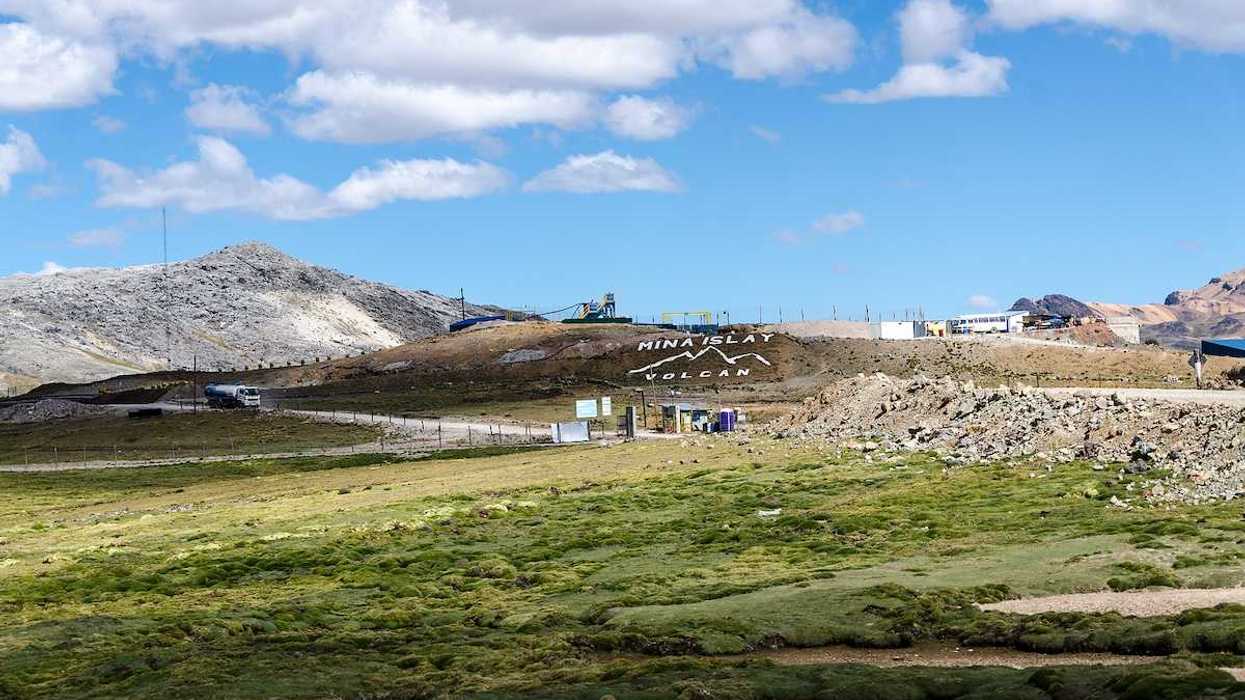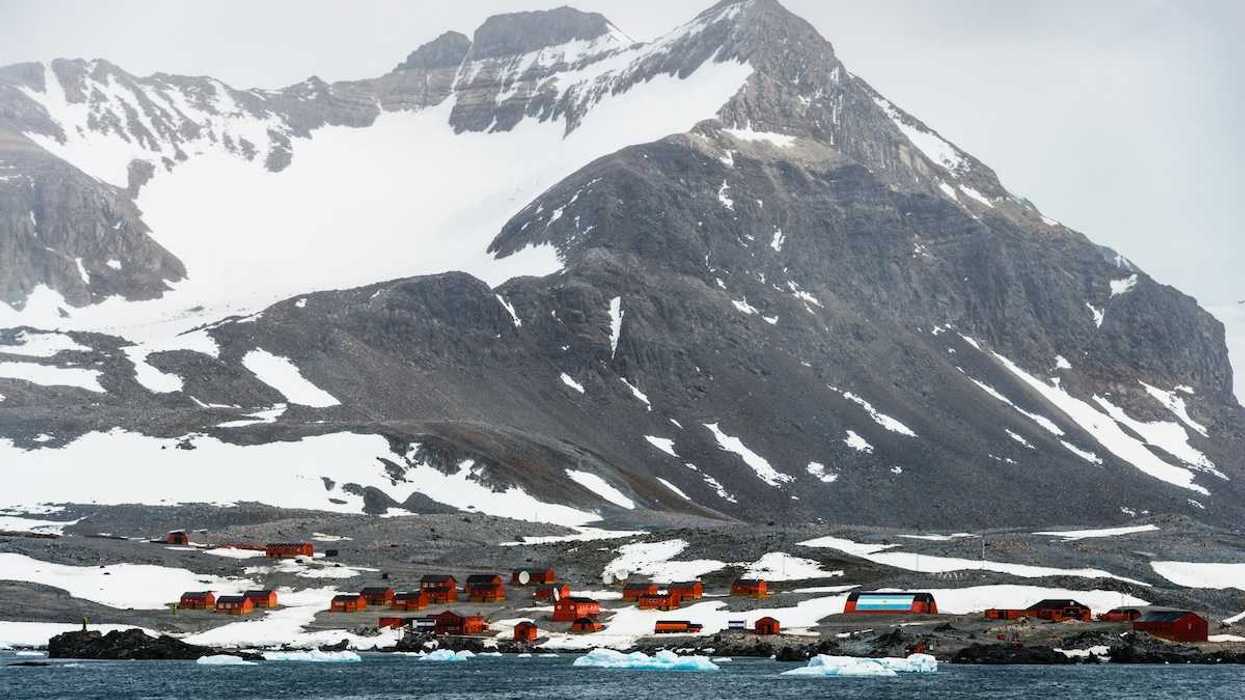Environmentalists and Indigenous communities in Chile are opposing the expansion of salmon farming into Patagonia due to its harmful ecological impacts and risks to local biodiversity.
Lucy Meyer and Casey Ann Smith report for The New York Times.
In short:
- Chile is the largest exporter of farmed salmon to the U.S., but the industry’s practices are damaging ecosystems, particularly those close to Patagonia.
- The industry plans to expand further into southern Patagonia, raising concerns about lasting environmental degradation, as the industry relies heavily on antimicrobial use and salmon farming has been linked to polluted waterways that contribute to record algal blooms.
- Indigenous groups and activists are pushing for stricter regulations or a moratorium on new salmon farming licenses in vulnerable areas.
Key quote:
“In the sea there are spirits and energies that live and coexist with us. We want them to leave our territory.”
— Leticia Caro, member of the Indigenous Kawésqar community.
Why this matters:
Salmon farming’s expansion into Patagonia threatens one of the last relatively untouched ecosystems on the planet. Without proper regulation, this could result in irreversible damage to local species, water quality and traditional Indigenous practices.



